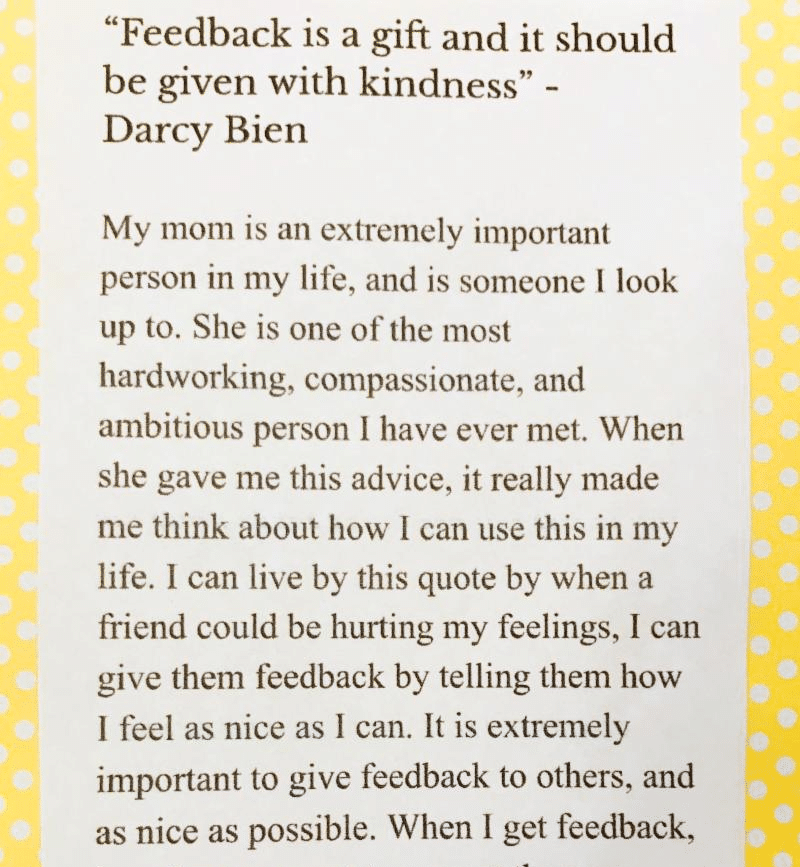If there’s one thing we need to be successful in life, it’s feedback – a powerful, FREE tool in our management arsenal – yet it is SO underutilized. Why is this an issue? And, when feedback is given, why is it often given poorly?
The TED podcast WorkLife With Adam Grant explores why people detest hearing negative feedback. When confronted with negative feedback, we have a certain physiological response, according to Adams. We tense up, our breathing gets shallower, and our ego becomes so threatened it starts to limit the information that goes into our brains.
 In Radical Candor, author Kim Scott says the best feedback is radically candid; it challenges directly while showing you care personally. The fact that you can’t offer actual help shouldn’t make you reluctant to offer feedback. Adopting the mindset that feedback is a gift will ensure your feedback is helpful.
In Radical Candor, author Kim Scott says the best feedback is radically candid; it challenges directly while showing you care personally. The fact that you can’t offer actual help shouldn’t make you reluctant to offer feedback. Adopting the mindset that feedback is a gift will ensure your feedback is helpful.Research has found that leaders who gave honest feedback were rated as five times more effective than ones who do not.
The skills needed to give and receive feedback are teachable; effective leaders actively seek feedback to enhance their performance. In addition to boosting employee satisfaction and productivity, feedback is motivating and helps employees feel a sense of involvement with their organization.

